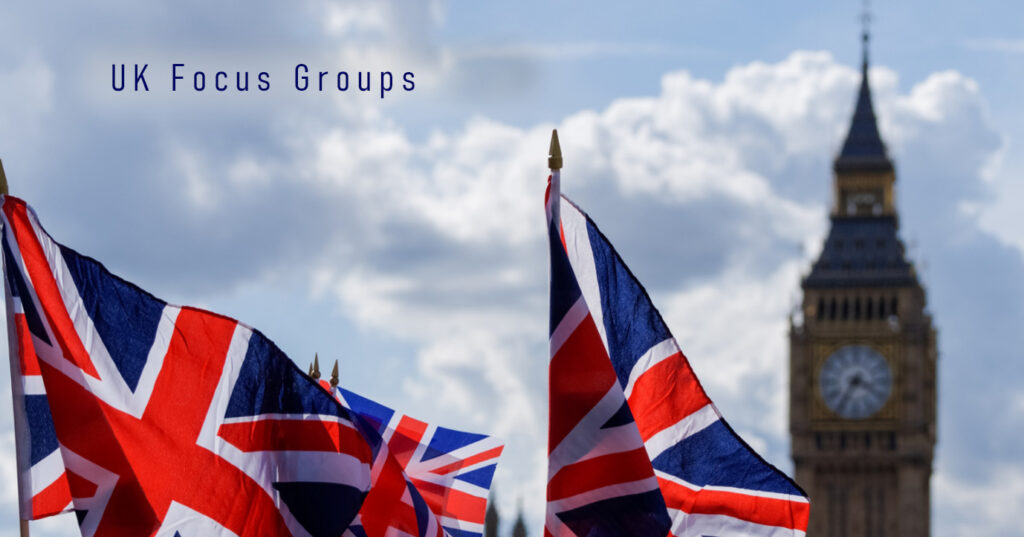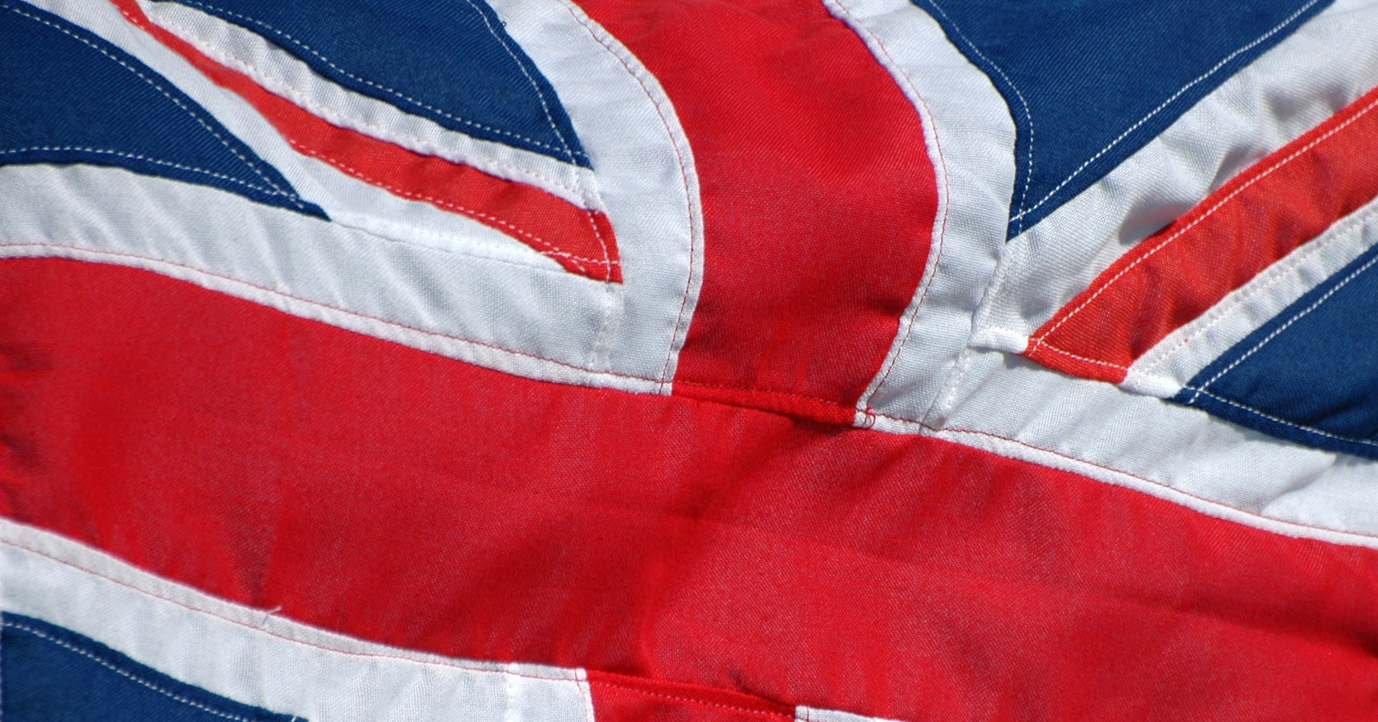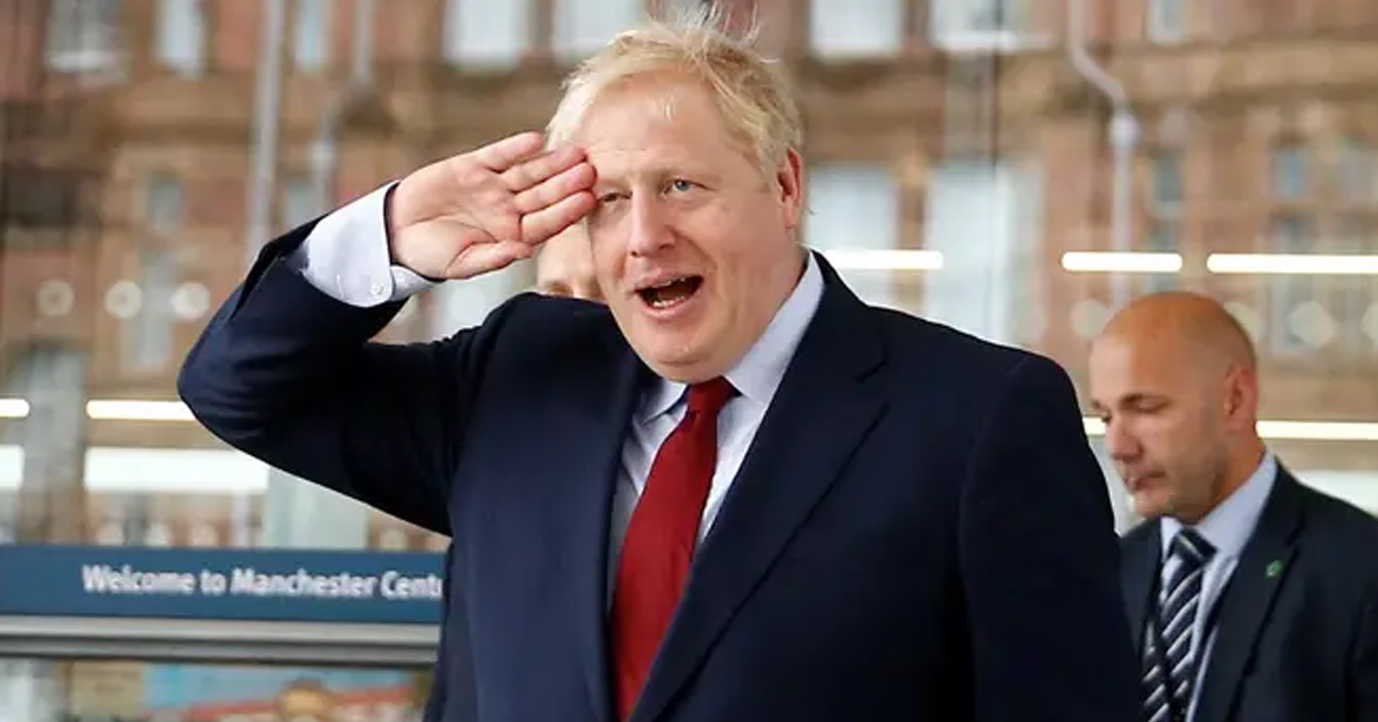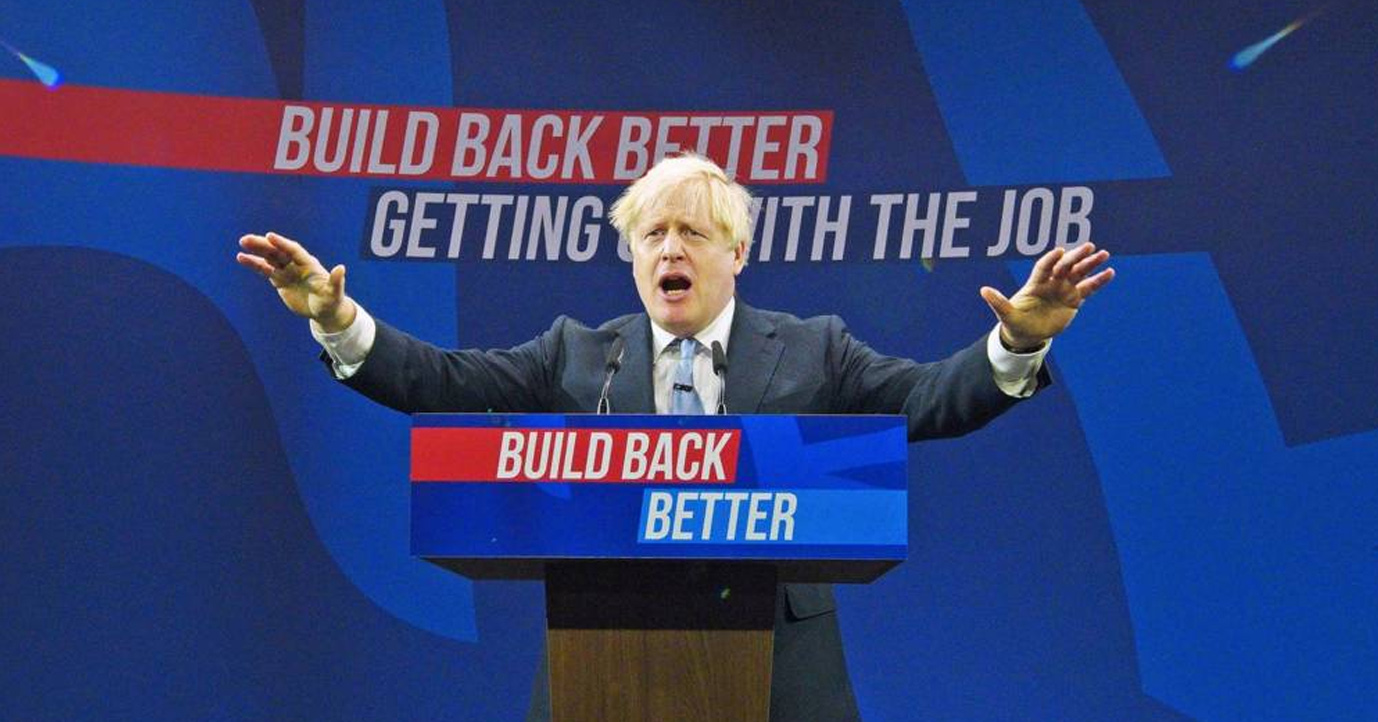
This week’s referendum focus groups took place in Brighton and, for a Northern Ireland perspective, Belfast and Newtownards. As always, participants had a range of backgrounds and political views; all said they intended to vote on 23 June but had not yet decided if they wanted the UK to leave or remain.
Having had Assembly elections to contend with, our Northern Ireland groups felt rather behind on the referendum debate (like their counterparts in Scotland and Wales, they have not yet received the government’s information booklet). Though local politicians had been too preoccupied with their immediate fate to start raising local consequences of leaving or staying in the EU, our participants spontaneously raised two of their own.
The first concerned free movement – not throughout the continent, but on their own island. “Would there be a border back up at Newry? I don’t think that has been brought up but we would have to think about it;” “Will we need a passport to go down south?” While as things stand you only notice you have crossed the border “because the signs change from miles to kilometres”, some feared that Brexit would bring the prospect of customs, security checks and everything else associated with an international frontier. Trade might also suffer if the UK found itself outside the single market: “we would be exporting to another country”.
People and goods crossing freely had become part of everyday life, and new border controls (let alone trade tariffs) would be in nobody’s interests. But if the boundary were to become one of the EU’s external borders, people feared, might they not be inevitable? In any case, “people who like arguing would make it into something. And there are plenty of people who like arguing in this country.”
*
Travel-related uncertainty was having another effect, according to our groups: more people in Northern Ireland were taking up their right to an Irish passport to guarantee their own continued free movement in the event of Brexit. The document also brought other advantages: “If planes are hijacked, the Irish are always let off first. They don’t get taken hostage.”
*
The second big thing that was at stake from a local point of view was EU funding, especially for agriculture, infrastructure and transport. People thought this was a point worth considering (“I think we do quite well out of it”), even if they were not always exactly sure where the money had gone. The EU has spent around £1 billion in Northern Ireland since 1995 on its Peace Programme, but people could only guess what this entailed (“It would be interesting to know what they did with that. Is it community groups, and so on?”; “What does that mean? New flags?”)
People in the north had also benefited from lavish European funding in the Republic: “It used to take eight hours to drive to Cork. If it wasn’t for the EU those roads wouldn’t be there.” Some worried that farmers would be “on their knees” without European subsidies (though they had their ways of coping: “you get the farmer with his shed on the border who moves his cows from one side to the other to get a double dunk”). Transport projects were welcomed, including road upgrades and £5 million for new buses: “We do get through them quite a bit here. Buses are not what you’d call fixed assets in Belfast.”
But useful as this funding might be, “those figures don’t mean a lot unless you know how much we’ve paid in. That sounds like about a week’s contribution.” In theory, what the UK saved on EU budget contributions could pay for all this and more. The question is, would London choose to replace what was being lost from Brussels? Here people were not so sure. “You’d like to think so,” but “it depends what type of government we have at Westminster.” Northern Ireland was sometimes treated as “a bit of a poor relation. Most of the money would go back to England;” “I’m not sure we wouldn’t get any. But we certainly wouldn’t get as much.”
*
Between them, the groups managed to guess which parties were on each side of the referendum argument – though they were less sure why each had adopted the position it had: “Sinn Fein want to stay in, probably because of the whole united Ireland thing”; “the DUP probably want out because of border control”. Some were more cynical: “maybe some parties are just saying they want to stay in to get votes in the Assembly election, because they need the farmers.” So after the election they’ll say they want to leave after all? “Nothing would surprise me.” What about the SDLP? “The SDLP want whatever Labour does”. But this was a good point: what did Labour want? “Corbyn is out, I thought. They’re slightly confused on the matter.”
*
Migration was low on the list of people’s concerns in Belfast, but the same could not be said of the groups in Brighton, where the issue was at the forefront of people’s thinking on the referendum: “Walk around Brighton Pavilion and it’s like the United Nations.” “In the school where I teach, about 88 per cent have English as a second language. As a mum, I just think of all those children fighting for a place. Although I’m still more ‘in’ than ‘out’, that might tip the balance for me.” The number immigrants and the resulting pressure on housing and public services “makes people resent them even though they’re not really racists.”
Nigel Farage put the case crisply in a speech a few days ago, extracts from which were shown to the groups. This went down well with most people (“I like a bit of Nige”), who thought he clearly summed up the argument that the political elite had connived in mass immigration because they liked having “cheaper nannies and chauffeurs”, whatever the interests of their constituents. “When he talks about immigration, he’s plausible.”
This view was not universal, however. “Plausible is not the word I was thinking of. I was thinking b*******. Latvians and Poles are doing jobs that people here don’t want to do.”
*
Sir John Major this week offered a riposte to the idea that Brexit would mean a return of complete control to the UK: “If you want undiluted sovereignty in the modern age when everybody is interconnected, then go to North Korea”. This idea had some takers, even among those for whom regaining control was the main appeal of leaving the EU: “If you can control your own destiny, that’s the way to go. The question is whether we would be able to do that.”
But for most, including most of those for whom immigration and having control over our own laws were big factors, the argument in Sir John’s Radio 4 interview felt rather too elevated: “I get that it’s better to be part of a group of countries than on your own. But that’s all I got from that;” “He talks above me completely – I don’t get any of that. Nigel Farage was at least at my level of understanding. It’s well over my head, the kind of words they’re using.”
It was a common complaint that the issues were being discussed in a way that was confusing and hard to get to grips with. “You need to talk on my terms. I don’t like politics, I don’t know about it. All of that, I thought, I don’t actually know what he’s going on about;” “The Bank of England chap says one thing, then Michael Gove says that’s a lot of rubbish, and you think, for goodness’ sake, how am I supposed to decide?”
What was missing, many felt, was “a wee list of the pros and cons.” But who could produce something suitably impartial? “I don’t know. Maybe someone like Australia.” The problem is that the pros and cons are themselves disputed. “But at least you could go through and say ‘that’s rubbish, that’s rubbish, oh I agree with that’. At the moment it’s just noise.”
A few even felt they were being deliberately kept in the dark until the politicians were ready to reveal the full story: “I think they’re holding things back. We’re being drip-fed now and then.” One way or another, “we are waiting for the rabbit from the hat.”
*
For those currently at a loss, is the onus on one side than the other to prove its case? For some, given the prospect of expansion and the scale of migration, the remain side needed to show “not just what the EU is like now, but what it’s going to become”. After all, “when we went in I thought it was about a common market. Now we have this parliament that tells you what your hoover has to be like.” This was particularly the case for those who were most dubious about the EU’s achievements. “They said we’d be left on the shelf if we didn’t go in, but we got shafted. We’ve had forty years and it hasn’t got any better.” (“There has been peace in Europe, though,” someone interjected. “Well yes, peace in Europe, but that’s the only thing.”)
But more often, undecided voters felt the bigger burden was on those campaigning to leave. Though there were uncertainties to remaining, “we know more about staying in than if we leave.” Exiting “is a huge question mark.” “People like to stay with what they’re used to. It’s like relationships, jobs – it’s harder to leave than it is to stay.”
Now 5 May is out of the way, the campaigns will move into full throttle – but with seven weeks to go, most of our participants thought that if they learned nothing new between now and referendum day, the safer bet would be to stay. “Brexit could be like getting a tattoo when you’re young. When you get older, you might regret it.”


